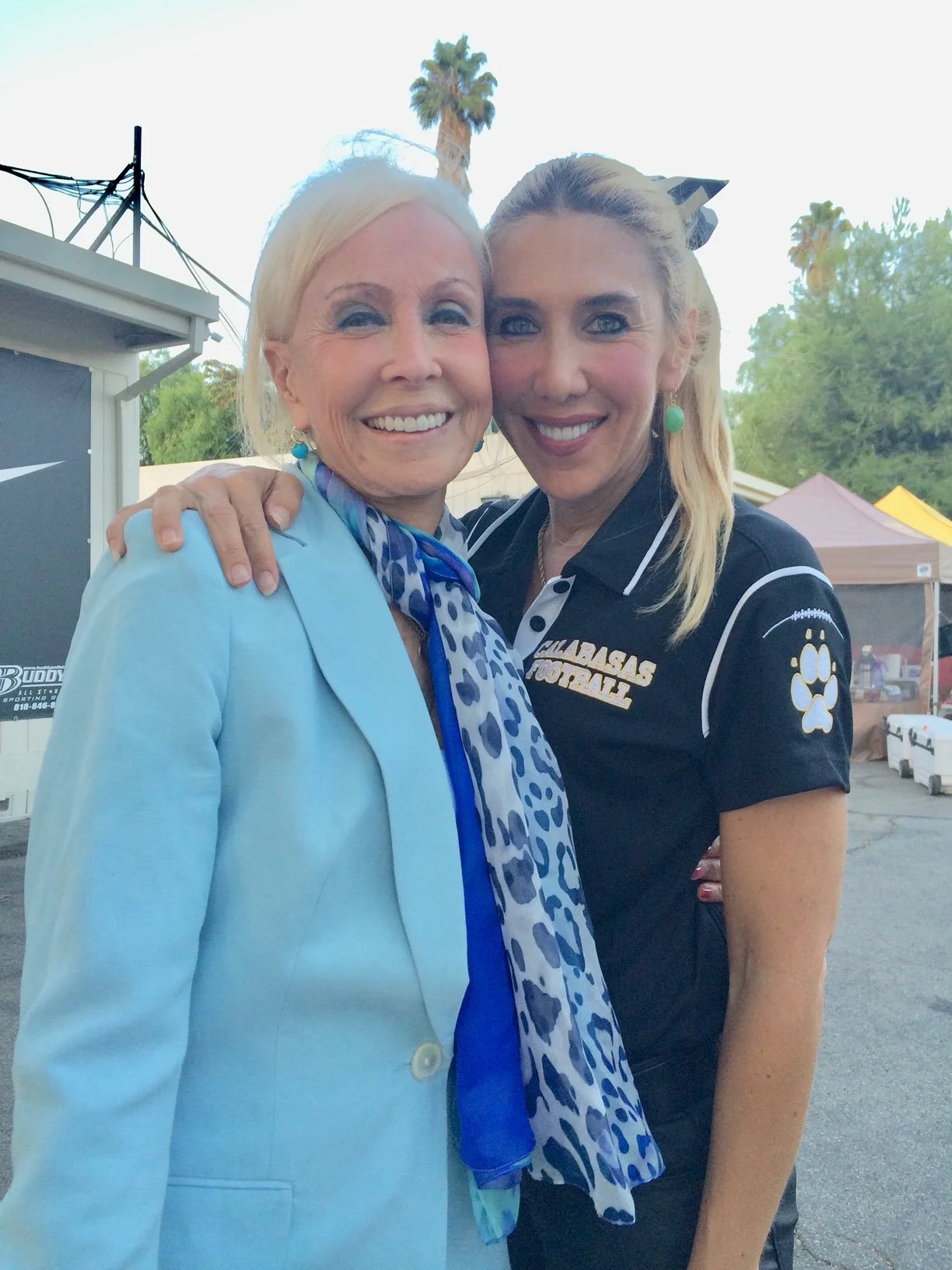Consider the Source
It really works when you consider the source. In life—personally and professionally—that phrase has a way of cutting straight to the core. My mom used it as both shield and compass, and over the years I’ve come to see just how powerful it is.
Here’s the truth: most of the time, the unkind person saying something about you doesn’t really know you. They’re not invested in your life, your work, or your heart. And that’s the freedom—why should you care what they say? That, to me, is true self-care: not carrying weight that was never yours to begin with.
When the source isn’t credible, you let it roll off. But when the source is someone you respect—someone whose voice comes from experience, character, or love—that’s when you lean in. That’s when the feedback or the compliment becomes fuel. And even when the words sting, they can still be a teacher. We learn as much from others’ poor choices and careless comments as we do from encouragement and praise. Sometimes the reminder of who we don’t want to be is just as valuable.
Family Wisdom on and off the Field
I grew up in a family where football was both a passion and a classroom. My grandfather, Leonard Tose, who once owned the Philadelphia Eagles and co-founded the Ronald McDonald House, taught me that leadership meant being invested. His mantra was: “If you’re not invested, you can’t collect.” He never wasted time on opinions from people who hadn’t put in the work.
My mom, Susan Tose Spencer, lived that lesson every day as the first female General Manager in the NFL. She faced constant criticism—often louder than it was accurate. But she showed me how to put it in perspective. She knew the difference between credible voices and careless ones, and she used both as lessons: respect the feedback that comes from truth, and learn resilience from the noise.
Coaching, Facts, and Focus
Because I grew up in sports, I also consider the source as fact-based. Coaches don’t run plays based on gossip. Quarterbacks don’t call audibles based on the loudest fan in the stands. They study film, break down patterns, and trust voices that are reliable and invested.
Leadership in life works the same way. Success comes from filtering the noise, focusing on the facts, and leaning on the people whose words are constructive and credible.
Becoming the Good Source
The real opportunity isn’t just in who we listen to—it’s in who we are. Every day, we get to decide whether our words and actions will be careless noise or credible guidance.
When you’re a coach, a parent, a teammate, or a leader, your voice carries impact. Praise only matters when it’s genuine. Criticism only helps when it’s constructive. Guidance only lasts when it’s consistent.
That’s the responsibility, and privilege of being a good source. When people know your words are grounded in truth, kindness, and reliability, they trust you. And trust is the foundation of every great team, every strong family, every lasting legacy.
The Final Play
In life and in work, it always comes back to this: consider the source. Protect your energy by remembering that most of the voices tearing you down don’t know you—and don’t deserve space in your head. That’s real self-care.
But don’t stop there. Strive to become the kind of source that others can count on. A source of encouragement. A source of wisdom. A source of genuine strength.
When you show up consistently in mind, body, and spirit, you don’t just win games—you win trust, respect, and loyalty. And that’s the real scoreboard of life.
Coach’s Playbook: How to Be and Spot a Good Source
5 Ways to Be a Good Source:
Lead with truth. Ground your words in honesty and fact, not gossip.
Encourage, don’t flatter. Real praise matters; empty praise fades.
Make criticism constructive. Point to solutions, not just problems.
Stay consistent. Reliability builds trust; inconsistency breaks it.
Show up whole. Be present in mind, body, and spirit—people follow leaders who are aligned.
How to Tell Good from Bad Sources
• A good source is invested in you, credible, and constructive. They want you to succeed.
• A bad source is careless, uninformed, or motivated by jealousy or ego. They may be loud, but they’re not reliable.
Learn to tell the difference, and you’ll protect your confidence, sharpen your focus, and strengthen your leadership.
Live as a reliable source—mind, body, and spirit—and you won’t just play the game, you’ll change it.
Because in sports, in leadership, and in life, the strongest play you can make is



